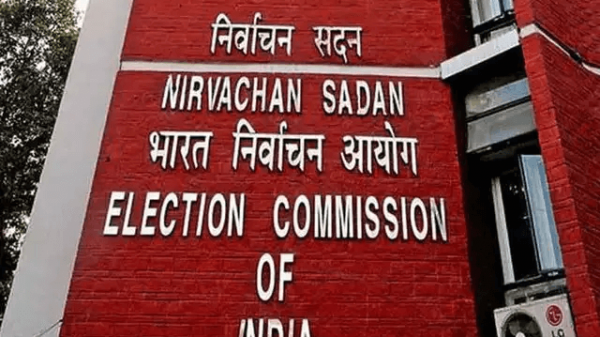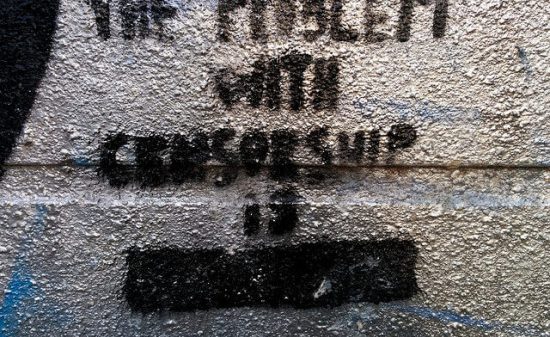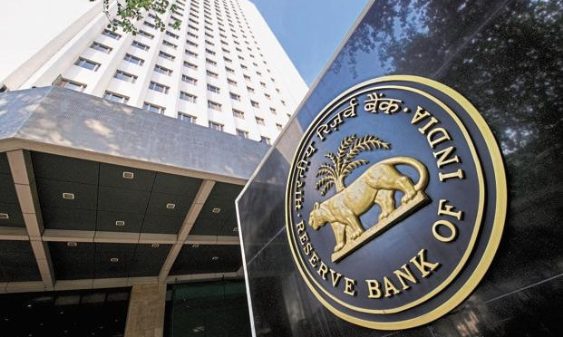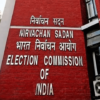Bringing you quick updates on the tech space, policy making and digital rights from India and across the globe.
Government censorship of COVID-19 social media posts
Last week, we reported that the Indian government requested Twitter to block 52 tweets that mostly criticised the government’s handling of the second surge of the COVID-19 pandemic. The tweets belonged to Revanth Reddy, a sitting Member of Parliament; Moloy Ghatak, a West Bengal state minister; actor Vineet Kumar Singh; and two filmmakers, Vinod Kapri and Avinash Das.
Now, according to other news reports, the government has asked Twitter to block around 100 tweets. This was done to “prevent obstructions” to the fight against the pandemic and to avoud crimes against public order. The IT Ministry had issued these blocking orders on reccomendation from the Home Ministry.
The government seems to be justifying the blocking orders by saying the tweets were spreading “fake news”, and they were necessary for maintaining public order. But most of the 52 tweets were only criticism of the institutional failure to prevent a second wave of the virus, let alone putting in place systems to assist patients and their families. Very few had any misinformation. However, unfortunately, the government’s blocking powers over internet intermediaries and social media companies cannot be challenged in courts. Companies have to first comply with the government’s order and only then can they approach the courts. Similarly, users whose tweets are blocked can only challenge the governments’ decision to block their social media post under Article 19 of the Indian Constitution by approaching the courts.
Recently, the government notified new Information Technology Rules 2021 for online intermediaries giving it more powers to regulate social media companies. While the rules have created a new framework for self-regulation by social media companies, it also has placed a significant legal and compliance burden on executives working for social media giants in India. Further, the new self-regulatory regime and grievance redressal mechanism, instituted by the government under these rules, does not award users with powers to challenge a government or platform specific decision that affects their rights.
It is important to note that Twitter has only blocked Indian users from accessing the tweet. Users abroad can continue to see the blocked tweets. This is because Twitter only removes tweets that are in violation of its rules, whereas tweets that are illegal in a particular jurisdiction, but not in violation of the Twitter rule, remain accessible beyond that jurisdiction.
Read:
- Twitter takes down tweets from MP, MLA, editor criticising handling of pandemic upon government request [MediaNama]
- Govt tells social media platforms to block 100 posts to ‘prevent obstructions’ to Covid-19 fight [Economic Times]
Top Stories From MediaNama
- Anti COVID-19 measures: University in Maharashtra to introduce facial recognition for attendance
- Tamil Nadu to upgrade criminal tracking architecture, integrate with external databases like facial recognition system
- RBI blocks American Express and Diners Club from on-boarding new customers
- Fintech platform Setu launches APIs for recurring payments on Bharat Bill Pay
ICYMI: NAMA Event on IT Rules 2021
On April 23, we hosted a discussion on how the IT Rules 2021 will impact Intermediaries. You can watch the discussion here:
RBI to issue cyber-security guidelines for payment companies
The Reserve Bank of India will issue a specific set of cyber-security guidelines for payment service providers. The decision to issue a fresh set of cyber norms for payment companies comes in the wake of significant data breaches at MobiKwik and Juspay, among others.
T Rabi Shankar, executive director, RBI said that firms will need to go beyond the minimum standards to ensure their systems and data is safe and secure. “Having said that, the minimum standards set by the regulator for the regulated entities are needed, but they would never be enough. As digitisation increases in any sphere, payments or otherwise, as people do more and more digital transactions, institutions themselves will have to do more than the minimum standards that regulators set, to deal with any cybersecurity threats,” he said.
Read: RBI to issue cybersecurity norms for payment services [The Hindu]
Delhi HC Dismisses PhonePe’s injunction request
The Delhi High Court, in an order dated April 15, dismissed an interim injunction request by PhonePe against BharatPe over the use of the ‘Pe’ suffix. In its plea, PhonePe alleged that the suffix used by BharatPe infringes on the formers’ trademark. PhonePe has been pursuing the injunction request against BharatPe over the use of ‘Pe’ since 2019.
“Barring the common ‘Pe’ suffix, it cannot be said that the ‘PhonePe’ trademark of the plaintiff and the ‘BharatPe’ trademark of the defendant are confusingly or deceptively similar. As words, they are entirely different, except for the ‘Pe’ suffix. ‘Phone’ and ‘Bharat’ are not even phonetically similar,” the order said.
PhonePe had sought While the HC has dismissed the interim injunction plea, PhonePe will “continue to pursue this trial to defend its popular and dominant brand positioning and take necessary steps to prevent any misuse of its mark,” a PhonePe spokesperson told Mint.
Read: Delhi High-Court Judgement April 15, 2021
Who owns ‘Pe’? HC Dismisses PhonePe’s exclusivity on suffix [Mint]
Tencent backs Indian platform ShareChat despite restrictions
Chinese tech giant Tencent invested $225 million into ShareChat through two European entities, despite the Indian government’s rules restricting Chinese investments in local companies. ShareChat recently launched a video-content app called Moj, in the wake of the government’s ban on TikTok and other Chinese origin apps. Moj has over 120 million users while the flagship ShareChat app has over 106 million users.
ShareChat has raised a total of $501 million from investors like Tiger Global and Snap in a recent funding round, of which $225 million was provided by Tencent in the form of convertible debt. The investment came from two Amsterdam-based companies called Zennis Capital and Holidyn BV, both of which were registered in February. Both entities have common directors, including Tencent’s head of finance for Europe and its senior counsel in Europe. Together, the Dutch entities would own 19.74% in ShareChat if the debt is converted.
Read: Tencent quietly backed Indian platform ShareChat despite restrictions [Financial Times]














